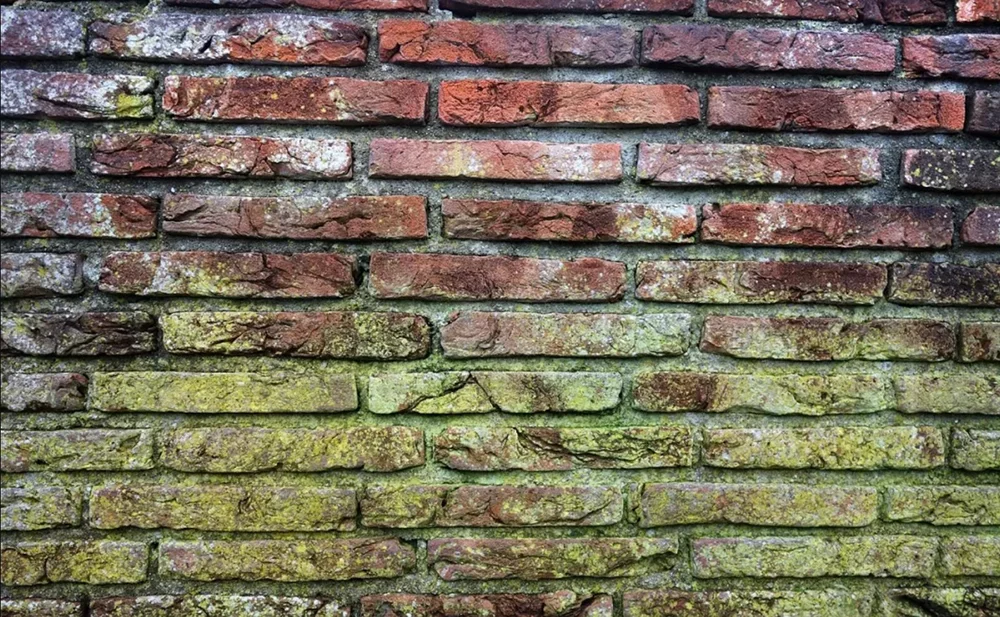Mould is a homeowner’s nightmare. This fungal spore causes structural and cosmetic damage, is costly to remove, and has potentially serious health effects on the occupants of the home. While there are different solutions to damp proofing one’s home and preventing mould, one of the most effective methods is to install external wall insulation.
In this article, we’ll examine the question ‘will external wall insulation stop mould’, and offer advice to protect your home from mould, as well as protect it during the winter.
What Is External Wall Insulation?
External wall insulation is a type of insulation that’s installed to the exterior-facing walls of a building, such as brick or stone walls. It adds an extra layer to the outside of a home, leaving a cavity space that can be filled with insulating materials. Although it can be a costly addition to a home, external wall insulation is waterproof, and is an effective barrier against falling temperatures and damp, which can cause mould.
How Does External Wall Insulation Stop Mould?
Given that insulation, whether applied internally or externally, is primarily used to regulate temperature and keep your home warm when it’s cold outside, it’s fair to ask how does insulation stop mould? External wall insulation can prevent mould in two ways.
The temperature regulating properties of external wall insulation are one method of preventing mould that is caused by condensation. Condensation occurs when water vapour becomes liquid as a result of a change in temperature, often by coming in contact with a cool surface. When this liquid water settles on cold surfaces, it can start to develop mould. So how does insulation stop mould? Well, insulation ensures that heat inside a building doesn’t escape, and the cold weather outside of the building stays out. Therefore, the indoor temperature remains stable, and there are no cool surfaces or temperature differences to cause water vapour to condense.
However, condensation is not the only source of mould. Mould can also be the result of penetrating and rising damp, whereby water seeps into walls from the outside. With the addition of a waterproof layer on the exterior of your home, the water can no longer enter the building. Mould needs this moisture in order to develop and spread. If water can’t get inside the walls or into the masonry and timbers, then mould will find it difficult to survive without the moisture it needs.
In conclusion, the question ‘will external wall insulation stop mould’ can be answered with a resounding yes. External wall insulation is multipurpose, meaning you can benefit from both its insulating properties, and its damp proofing properties for one price. Overtime, this investment will pay off as you save money on maintenance and repairs, as well as energy bills.
Contact CS Damp Proofing Today
If you’re looking to reap the full benefits of external wall insulation, it’s important to contact experts in the field. Poorly installed insulation will not only aggravate a damp and mould problem, but will be expensive and time-consuming to repair. Contact our team of professionals today to learn more about external wall insulation and other damp proofing solutions to prevent mould in your home.

